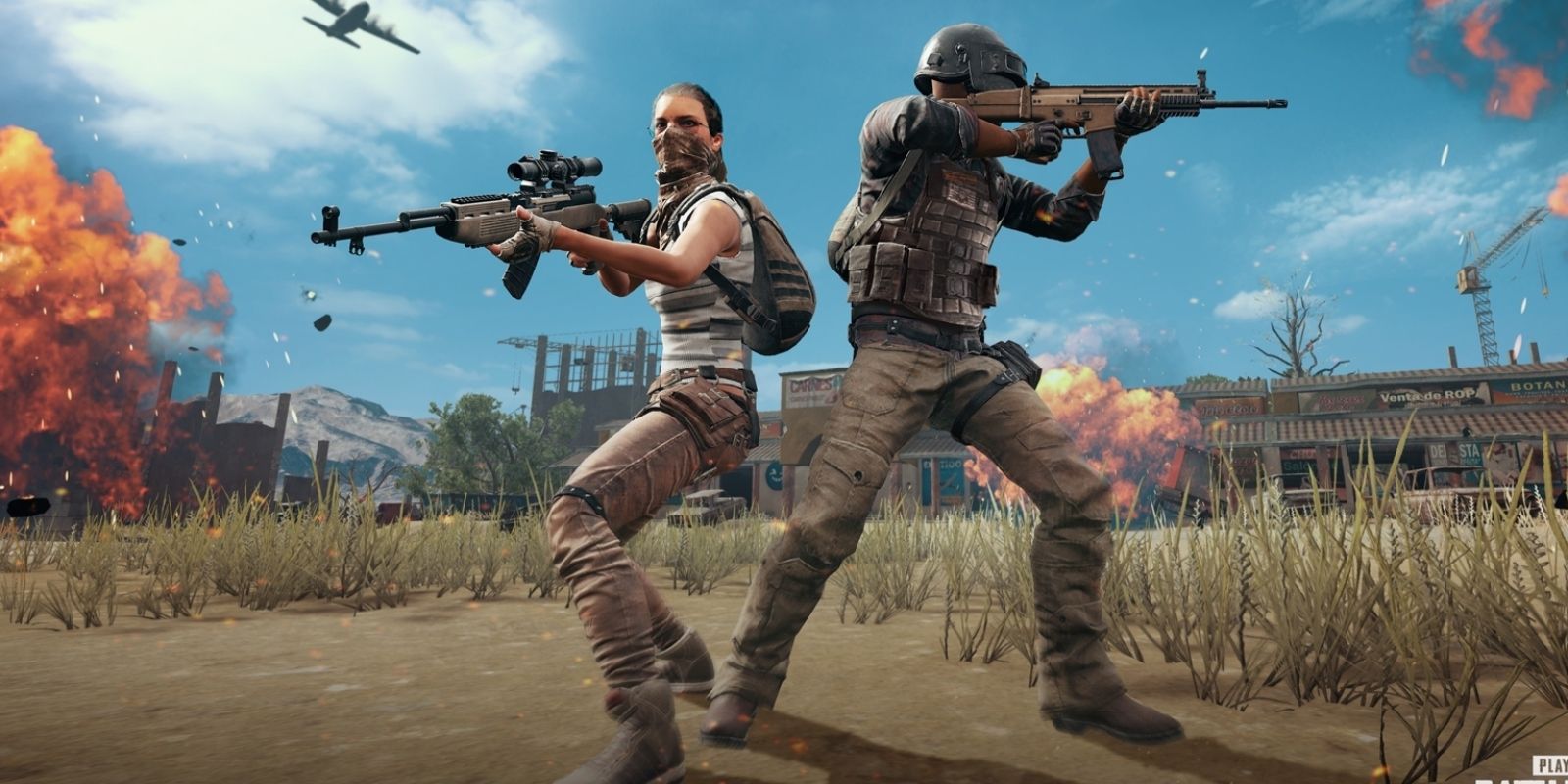PlayerUnknown's Battlegrounds has now been banned in Nepal. This marks yet another country that has blocked the popular battle royale shooter after several nearby countries have implemented similar bans.
Neighboring areas such as China and parts of India have already blocked PUBG due to complaints of its graphic violence. Not to be outdone, PUBG’s rival, Fortnite, has seen its fair share of bans as well. The NHL has already restricted its teams from playing it, and the Chinese government has reportedly blacklisted the game as well. If battle royales weren't being attacked enough, England's own Prince Harry has called for the UK to ban Fortnite.
Speaking with The Kathmandu Post (as shared by PCGamer), Senior Superintendent of Police Dhiraj Pratap Singh stated that the region had received an influx in complaints regarding the battle royale title. Concerned parties suggested that it was adversely affecting student's performances in school, while also increasing the rate of youth aggression in the area. Here's what Singh said regarding the ban:
“We received a number of complaints from parents, schools and school associations regarding the effect of the game on children. When we consulted with psychiatrists, they also said that the violence in the game can make people aggressive in real life.”
On April 10, Nepal’s Metropolitan Crime Division requested the ban by filing a Public Interest Litigation at the Kathmandu District Court. The courts agreed to the ban that same day. The Nepal Telecommunication Authority sent word to internet and mobile service providers on April 11 to block the game immediately. Thanks to the new law, police can now arrest anyone caught playing PUBG after the ban. Service providers also risk penalty if they fail to comply with the ruling.
The Kathmandu Post spoke to a few of Nepal’s PUBG players, most of whom are college students, who are less than pleased about the ban. Some argue that they play to relax as opposed to being addicted as detractors claim. Others argue that parents should better monitor their children’s gaming habits rather than ban the game outright.
Some developers might argue a game hasn’t made it until it’s getting banned left and right, but it’s an unfortunate situation for the targeted players. This is especially true for older gamers who don’t have to adhere to parent and teacher demands but must pay the price anyway. Perhaps one day a compromise can be made, but it seems PUBG’s Nepalese audience will be out of luck for the foreseeable future.
Source: The Kathmandu Post (via PCGamer)

